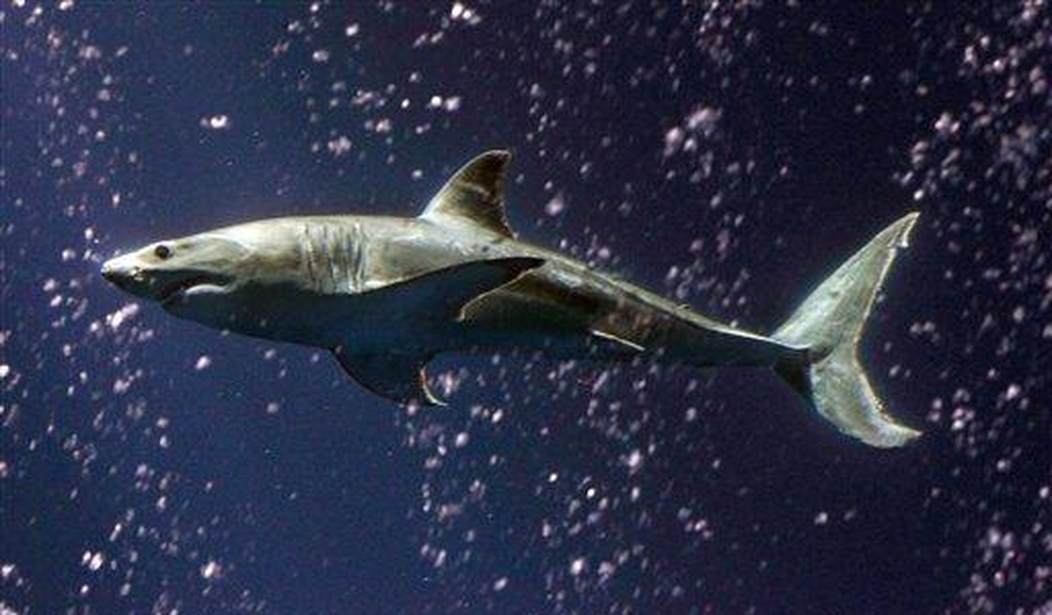We honestly were not expecting systemic racism to be a concern on cable nature documentaries, but here we are.
I think it can be agreed upon that when it comes to racism and sexism we all know who the real victims of this intolerance are – the sharks. If you were unaware of this victim class then you owe it to yourself on behalf of your community to learn of this societal scourge in order to work on eradicating the limitations this bigotry leads to in our modern world.
The Washington Post is on the case of alerting us to how The Discovery Channel’s annual event “Shark Week” has fostered this biased intolerance. Based on a thorough study of past viewings the hateful reality has come to light. One biology professor, Lisa Whitenack, notes that while growing up she would watch “Shark Week” with rapt attention, yet the all-male representation was a problem.
When the scientists appeared on her TV screen, she rarely saw any women she could look up to. “Why would I know I could do that?” Whitenack said. “I don’t come from a family of scientists. I didn’t see very many people that looked like me on television.”
This is presented as a problem in that it discouraged youths such as Lisa had been from entering the field of shark study. Except…Whitenack is in fact in the field of studying sharks. She is also in the field of studying past episodes. During the 2020 pandemic shutdown, Professor Whitenack launched a study, looking into the composition of the on-air experts featured on the shows.
One of the painful results that came out of the data collected: There were too many white authorities on the programming and – we have to assume this is also a dire issue – too many of them had a similar name.
The programming featured more White experts and commentators named “Mike” than women, said David Shiffman, a conservationist at Arizona State University who was a co-author of the study
I need to ask at this point which reality here is considered to be a disqualifying factor: Is it that Whitenack chose this conservationist for her study, or that he did not recuse himself from the study, given that Shiffman is decidedly white himself? If white males are deemed as a problematic entity then this study would be entirely compromised by his inclusion, we need to assume.
Another researcher was tabbed for this article, Carlee Bohannon, a marine biologist and co-founder of Minorities in Shark Sciences. Their message is rather clear; this monochromatic and mononymous tendency of “Shark Week” prevents inclusion in their field of study.
Whitenack and Bohannon agreed that the biggest concern was with the program’s lack of diversity and how that might shape young scientists’ perceptions of marine biology and whether they could enter the field.
This is a field, mind you, that both ladies found their way to join. Additionally, we are told that another study reveals data that is, shall we say, somewhat contradictory to their claims.
According to a separate diversity study co-written by Shiffman, more than half of the members of the American Elasmobranch Society, an academic group supporting the study of sharks and other fish, are women.
This is becoming more of a case of molding their findings to suit their hypothesis. There are roadblocks for females in a field of study that is dominated by females, according to two female experts cited. All the while, it is based not upon systemic sexism or racism but on a television production that relies more upon ratings than educational diversity.
At the end of it all, there is one thing that stands out in the lengthy analysis concerning what is wrong with marine biology and research into this species: Nobody is talking about sharks at all, which strikes me as a real case of discrimination.














Join the conversation as a VIP Member